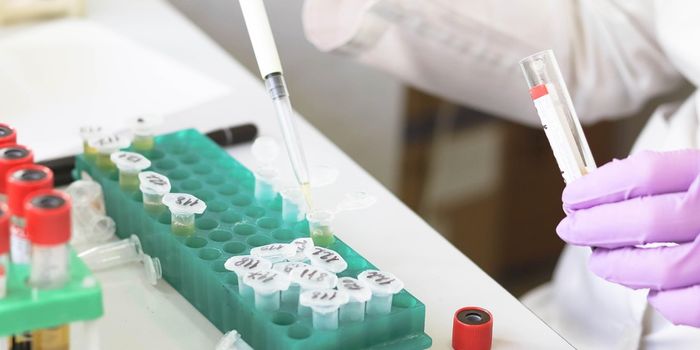New Insight Into a Crucial Immune Cell
Dendritic cells are a crucial part of the immune response; they look out for the presence of pathogenic invaders like viruses or bacteria, and if they encounter them, they may take a bit of the material from the pathogen and present it to T cells or B cells, activating them. Reporting in Science Immunology, researchers have now learned more about how dendritic cells differentiate, a key step in their ability to respond to infection. This work could also help scientists learn how to promote dendritic cell production in the body, to help the body's natural immuninty fight infections or cancer.
In this study, the researchers demonstrated that a novel factor called DC-SCRIPT is critical for the differentiation of a type of dendritic cell called cDC1. Dendritic cells can activate a T cell type called killer T cells, which can respond to cancerous tumors and clear viral infections from the body. Dendritic cells seem to need the regulatory protein DC-SCRIPT to function normally.
"What we found is that without this new factor, the cells develop poorly, and their capacity to fight infection and cancer, or to clear a parasite is diminished," said study co-leader Professor Stephen Nutt of the Walter and Eliza Hall Institute (WEHI). "The next stage of our research is to try and work out how we can get the body to produce these particular dendritic cells, cDC1s, in large volumes in order to boost the body's natural tumor response."
The researchers suggested that we can also learn more about helping the immune system fight pathogens from cDC1 cells.
"This paper clearly shows DC-SCRIPT is one of the regulators of dendritic cell production. As a result of this study, we're now focused on ways we could harness this to increase dendritic cell production," said study co-leader Dr. Michael Chopin. "We now have a biomarker to follow when we expand this elusive cell type, which we will continue to test in pre-clinical models."
The study has also opened up new research avenues.
"We have generated new tools, allowing us to trace these cells within the tumor and observe how they behave in the tumor environment," Chopin said.
Sources: AAAS/Eurekalert! via Walter and Eliza Hall Institute, Science Immunology









